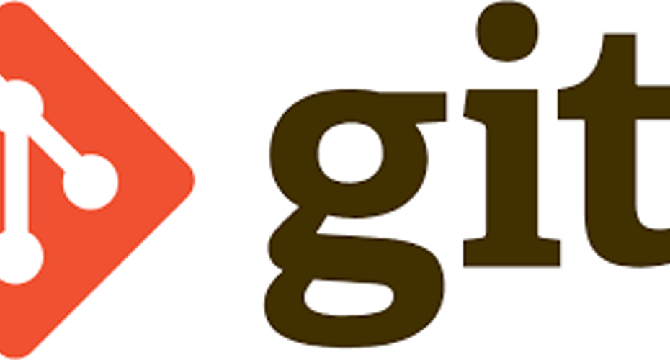Dev
1M
165

Image Credit: Dev
Is Git a Programming Language? What Exactly Are These Devs Talking About?
- Git is not a programming language but a version control system (VCS) that helps developers manage changes to their code over time.
- It acts like a super-powered 'undo' button and a collaborative workspace for coders.
- Git tracks changes, allows branching to experiment with new features, helps in merging changes, and facilitates collaboration among team members.
- Some confusion arises about Git being a programming language due to its command-line interface and its deep integration in developer workflows.
- Developers often refer to Git when they talk about reverting changes, pushing code to repositories, resolving merge conflicts, or tracking code origins.
- Git itself was written in languages like C, Shell, and Perl by Linus Torvalds in 2005.
- As a tool, Git is indispensable for managing software development processes, regardless of the scale of the project or team size.
- Think of Git as the unsung hero of coding, silently preserving code changes and aiding collaboration among developers.
- While not a programming language, Git is critical in the coding ecosystem for maintaining code integrity and facilitating efficient workflow.
- Git's importance lies in its ability to simplify version control and enhance team productivity in software development projects.
Read Full Article
9 Likes
For uninterrupted reading, download the app